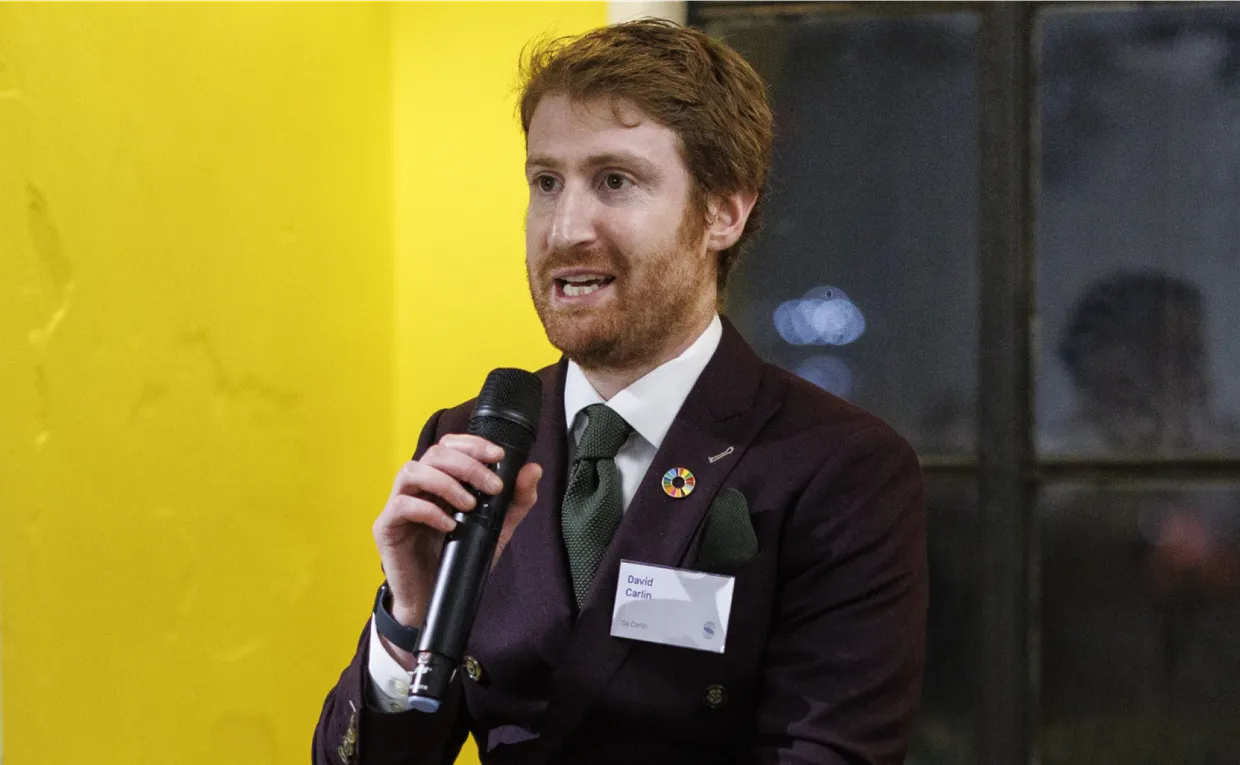1. See sustainability as a core way to manage risk
For a long time, many businesses might have seen sustainability as a ‘nice-to-have’. But David Carlin points out it’s now “really at the center of risk.”
Extreme weather events, which are linked to climate change, can disrupt your operations, increase insurance costs, and even affect the value of your assets. This has direct economic impacts. Similarly, if your business relies on resources from geopolitically unstable regions, that’s a big risk to your supply chain.
Carlin’s practical advice is to build sustainability into how you look at and manage all your business risks. When you’re planning, really dig into how environmental issues could affect your bottom line.
For example, being more resource-efficient isn’t just good for the planet; it can significantly cut your operational costs, especially when energy prices or raw material costs are high due to economic or geopolitical factors. Diversifying your energy sources or looking at more local suppliers can also shield you from international disruptions. This kind of forward-thinking helps you prepare for, and lessen, potential shocks.
2. Plan proactively for changes in regulations
New laws and regulations around sustainability are popping up more and more, while others, such as the CSRD, are being streamlined.
David Carlin warns that “regulation changes fast,” so waiting to see what happens is a risky game.
His advice here is practical: first, “educate yourselves and your teams.” Make sure the right people in your company know what laws are coming and what they’ll mean for your business specifically. This is especially important if you operate in different countries, as rules can vary widely, creating a complex legislative picture to navigate.
3. Use sustainability data to get a competitive edge
Many businesses still think of sustainability mainly in terms of marketing. David Carlin suggests looking deeper to find a real competitive advantage: “how does better information improve the ability to plan for the future?”
Practically, this means using data about your company’s environmental and social impact to make smarter business decisions. For example, tracking your energy use or waste can show you where to cut costs – a clear economic benefit.
Understanding your supply chain in more detail through data can help you spot potential disruptions, perhaps from regions affected by geopolitical issues, and find alternatives sooner.
4. Build trust and find opportunities through transparency
Businesses are getting better at collecting sustainability data for reports, but David Carlin thinks many are still missing out on “realizing the full value of it.” The practical step is to use this information not just for compliance, but to genuinely “improve your models” and the way you make decisions.
Even if you’re not legally required to report on sustainability yet, Carlin advises considering voluntary reporting using established frameworks.These help you get ready for future laws. They can also improve your standing with investors and lenders, who increasingly use this information to assess risk, potentially making it easier or cheaper to get capital.
“The exercise of going through this process… is the kind of strategic planning that’s necessary right now to be effective and successful.”
As David Carlin’s advice shows, taking practical steps in sustainability isn’t just about compliance or image; it’s about smart strategy, risk management, and finding new ways to succeed.




